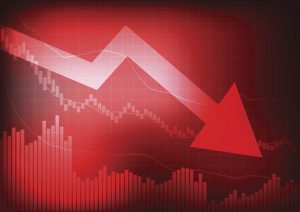The Biggest Stock Market ‘Melt Up’ in US History Has Pushed Stock Prices to the Most Overvalued Levels Ever
The comments below are an edited and abridged synopsis of an article by Michael Snyder
We are in one of the greatest stock market rallies in US history. The S&P 500 has gone 70 days in a row without a 1% loss, and most weeks have seen one daily surge after another. If stock prices were exploding because the economy was doing well, we could celebrate. Unfortunately, it is largely fueled by the Federal Reserve’s reckless intervention. The Fed’s balance sheet is ballooning, and investors know that stocks rise when that happens. So Wall Street is in the midst of a raucous party, and everything will be wonderful as long as stock prices continue to go up.

Unfortunately, no stock market rally lasts forever, and a day of reckoning is coming.
A simple way to judge whether stock prices are overvalued or undervalued is to look at the price-to-sales ratio for the S&P 500 as a whole. During the best of times, it should be between 1.0 and 1.5; currently, it sits above 2.4.
Stock prices should never have gotten to this point without underlying sales to justify such high valuations. If the S&P 500 were to fall 50% from the current level, we would be at a point that is relatively normal for good economic times.
But our financial markets couldn’t handle a 50% decline in stock prices, because the system is so highly leveraged. It would be a disaster, and so the Fed sees no alternative other than to continue pumping up this absurd bubble.
Another sign that stocks are more overvalued than ever is the Buffett Indicator. The ratio of total market capitalization to GDP has never been higher than at present. The stock market would have to fall by a third just to return to the ridiculous level seen prior to the financial crisis of 2008. We are in unprecedented territory, and every other stock market bubble of this nature has ended badly.
If you want to blame someone for getting us into such a precarious position, you should blame the Fed. At this point, even Fed officials are admitting what is going on. It is desperately trying to control interest rates, but in the process, it is creating ideal conditions for a stock market crash.
Meanwhile, the real economy continues to deteriorate. Stock prices have become completely divorced from economic reality, setting us up for a major financial crisis. But for the moment, the party rolls on.
